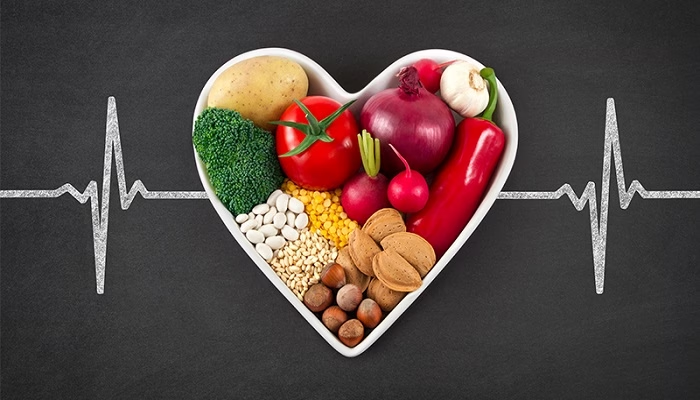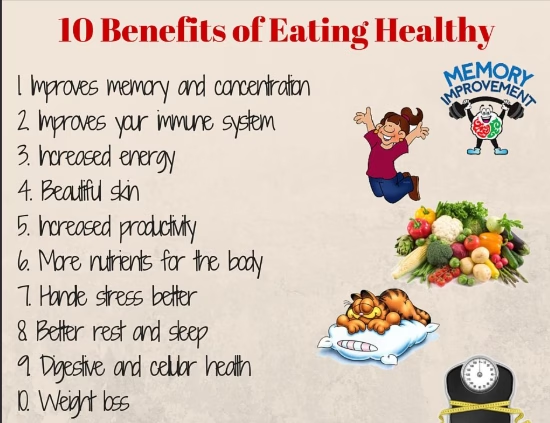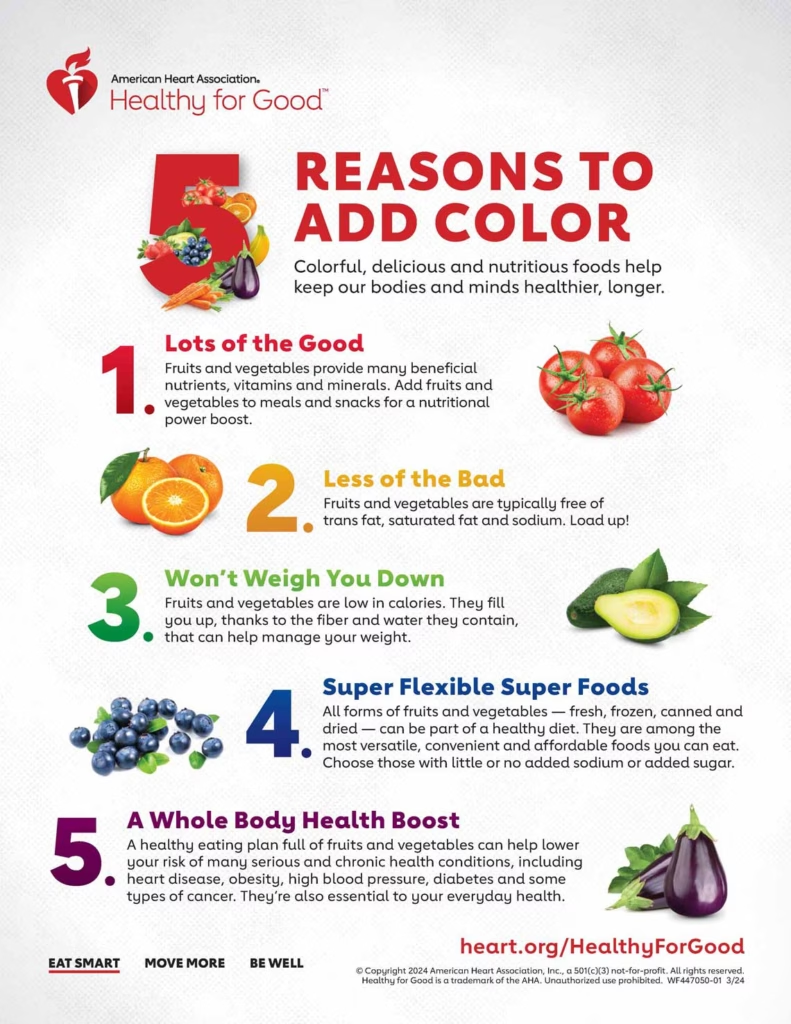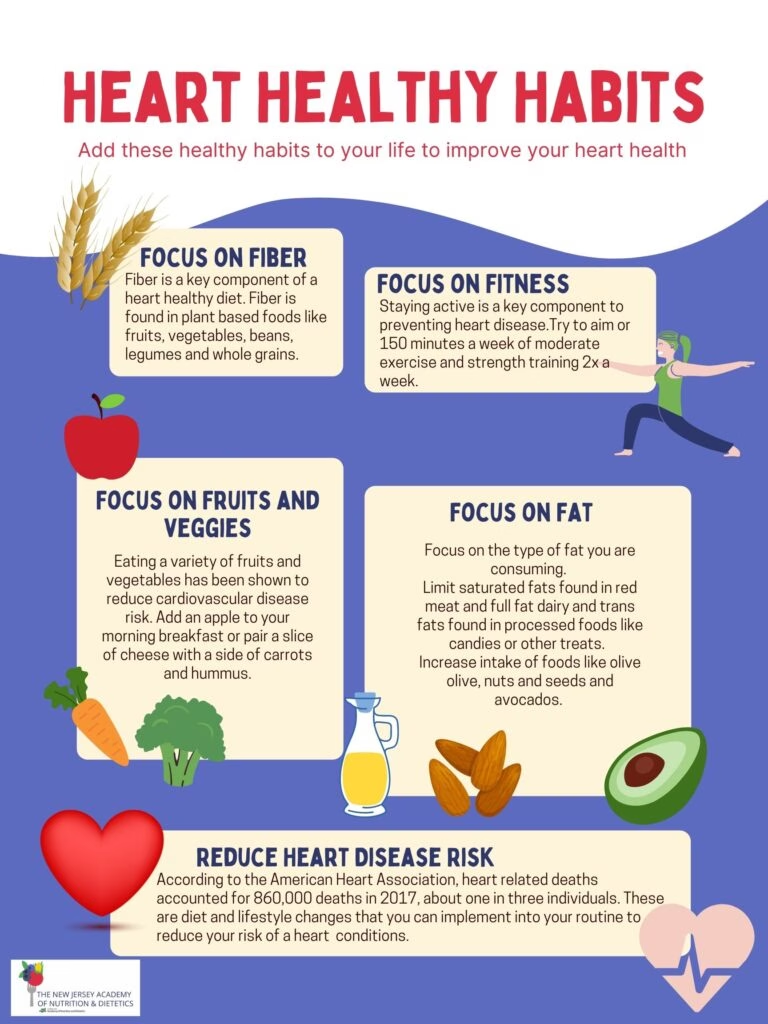In a world where fast food and pre-packaged meals reign supreme, the concept of heart-smart eating offers a refreshing alternative that can significantly improve your cardiovascular health. By focusing on nutrient-rich foods that promote heart health, you can reduce risk factors, enhance your overall well-being, and enjoy a longer, more vibrant life. Here, we explore the myriad benefits of embracing a heart-smart diet and provide practical tips to help you embark on this healthful journey.
Understanding Heart-Smart Eating

Heart-smart eating isn’t about restriction—it’s about making informed choices that support your heart. This dietary approach emphasizes whole foods, rich in nutrients, while minimizing processed and high-fat options. By incorporating a variety of fruits, vegetables, whole grains, and lean proteins, you can drastically improve heart health. A study by the American Heart Association highlights the positive impact of such diets on reducing cardiovascular disease risks.
Key Components of a Heart-Smart Diet

- Fruits and Vegetables: Packed with vitamins, minerals, and antioxidants, these should make up a large portion of your meals.
- Whole Grains: Foods like quinoa, barley, and oats can help reduce LDL cholesterol levels.
- Lean Proteins: Opt for fish, poultry, and plant-based proteins to reduce saturated fat intake.
- Healthy Fats: Incorporate sources of monounsaturated and polyunsaturated fats such as olive oil, nuts, and avocados.
- Low-Dairy and Salt: Limit high-fat dairy products and salt to maintain optimal blood pressure levels.
Health Benefits of Heart-Smart Eating

Adopting a heart-smart diet offers numerous benefits beyond just heart health. By focusing on nutrient-dense foods, you can significantly reduce the risk of obesity, which is intimately linked to heart muscle injury and failure, as discussed in research by Johns Hopkins Medicine. The advantages of this lifestyle include:
- Improved Cardiovascular Health: Nutrient-rich foods help maintain healthy blood pressure and cholesterol levels, reducing the risk of heart disease.
- Enhanced Weight Management: By avoiding processed foods and choosing whole foods, you can better manage your weight, a critical factor in preventing heart failure.
- Reduced Inflammation: A diet rich in fruits, vegetables, and healthy fats can decrease systemic inflammation, a known contributor to heart disease.
- Increased Energy Levels: Wholesome foods provide steady energy, helping you feel more active and vibrant throughout the day.
- Better Overall Health: By eating heart-smart, you’re protecting your heart and supporting the health of your entire body.
Practical Tips for Heart-Smart Eating

Embarking on a heart-smart eating journey doesn’t have to be daunting. Start with small, manageable changes and gradually build healthier habits. Here are some practical tips to get you started:
- Plan your meals around plant-based foods, incorporating a variety of colors and textures.
- Swap refined grains for whole grains in your favorite recipes.
- Use herbs and spices instead of salt to flavor your dishes.
- Limit your intake of sugary beverages, opting instead for water or herbal teas.
- Experiment with new recipes that focus on heart-healthy ingredients, like those provided by Johns Hopkins Medicine.
By prioritizing heart-smart eating, you not only take a critical step towards reducing your risk of cardiovascular disease but also enhance your quality of life. This approach provides delicious, varied meals that satisfy both your palate and your body’s nutritional needs. So why wait? Start making heart-smart choices today, and unlock the secrets to a healthier heart and a happier life.

